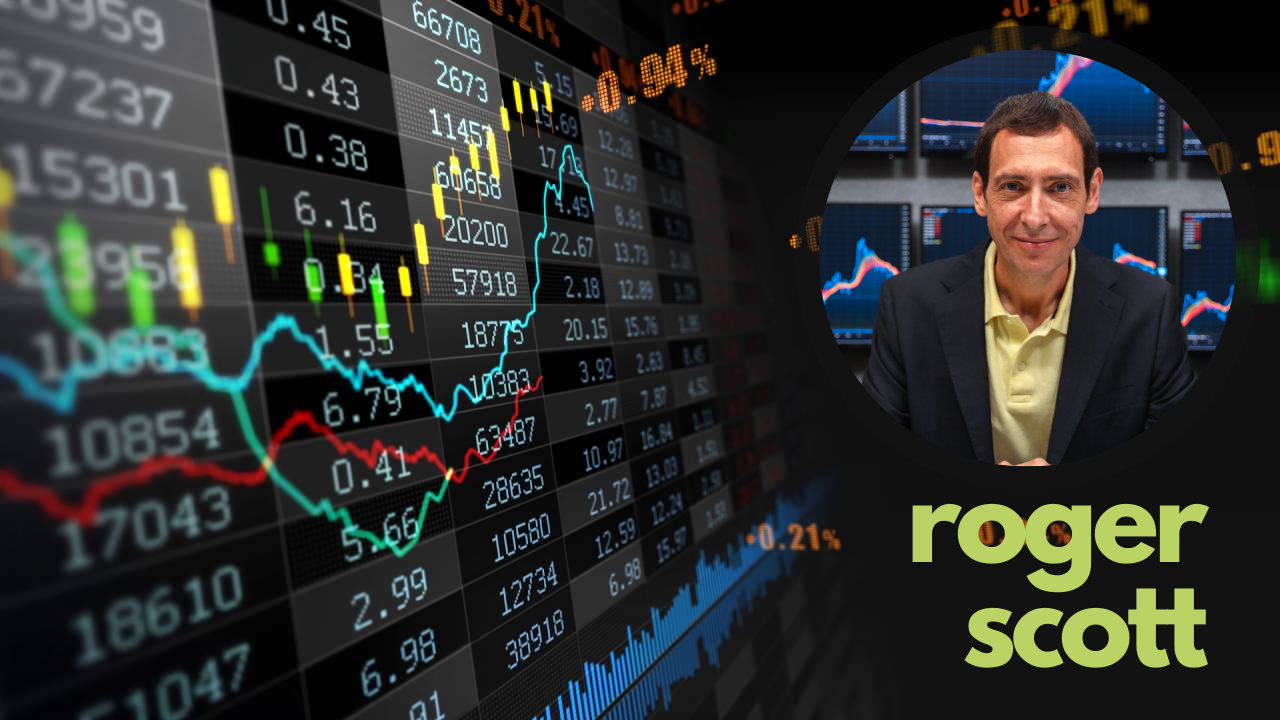Trading is a challenging field to dive into, especially alone. It’s very easy to lose money on bad trades, and it takes a particular personality type to be highly successful.
With that being said, many experts agree that anyone can have a positive trading experience with the right guidance. So how do you trade correctly? We asked Roger Scott of WealthPress to share some tips on just that.
Roger Scott has been a professional trader for over 25 years and is well-respected in the industry. Nowadays, he serves as the Head Trader at WealthPress, lending his knowledge to others and creating professional traders through his classes and services. Now, let’s get to the interview.
What’s the first thing every new trader should do?
Roger Scott: Well, every trader, new or old, needs a trading plan. No matter what your goals are, whether you’re a day trader, investor, swing trader, whatever. A trading plan is the key to victory, trust me.
A trading plan will be a detailed document explaining entrance strategy, exit strategy, money management, stop losses, you know everything. There’s a trading plan template online that I recommend to new clients and traders all the time. Do a quick Google search; it’s usually right at the top.
How do you know if a trading plan is good or if it will fail miserably?
Roger Scott: I used to have students do this test. I’d have them create a trading plan and then use historical data to determine how well the plan would do historically. This is actually called backtesting.
There are so many tools nowadays for backtesting; it’s incredible. It used to be hard to do; now, it’s extremely easy. So, use backtesting to test out your trading plan, always.
How much time should someone dedicate to trading?
Roger Scott: I’ll be honest, if you want to be a good trader, it needs to be a part-time job. The time and effort are worth it, of course.
But you can’t come in thinking of it as a hobby. I’ve seen many new traders make this mistake. If it’s a hobby, there’s not as much passion and not as much work.
If it’s a part-time job, you need a paycheck; there’s a hunger there that drives the learning process. That’s what I’ve determined through experience and observation.
So, how much risk is there in trading? Can someone lose their whole portfolio?
Roger Scott: Not if it’s done correctly. When it comes to trading and investing in a complicated market, you need to keep emotions far away. That means accepting losses.
For many people, it’s hard to build that initial trading portfolio, and there’s no reason to lose it all on a couple of bad trades. Everyone will have losing trades.
Many traders even lose a majority of their trades. The key is to ensure you win more on your winning trades. But most importantly, you need to protect your capital by controlling your emotions while trading.
Do not risk everything on a trade someone else told you about. Do not fall with Do your own research. And even then, don’t risk more than you can afford to lose.
Is there ever a time someone should stop trading completely?
Roger Scott: I won’t lie; it’s not for everyone. I think everyone can and should learn, but it’s much more difficult for some people.
Sometimes a trading plan won’t work; that’s easy. Just create a new plan to take your trading to the next level. But sometimes, a person will be too emotional or unable to stick to a plan. You know, if you find yourself deviating a lot, take a trading break, hire a professional, and try again later.
Roger Scott is the head trader at WealthPress, a platform dedicated to helping guide users through the stock market. Check out his website at https://rogerscott.com/ to help you navigate the markets with integrity, intelligence, and pure winning trades.

Leave a Reply